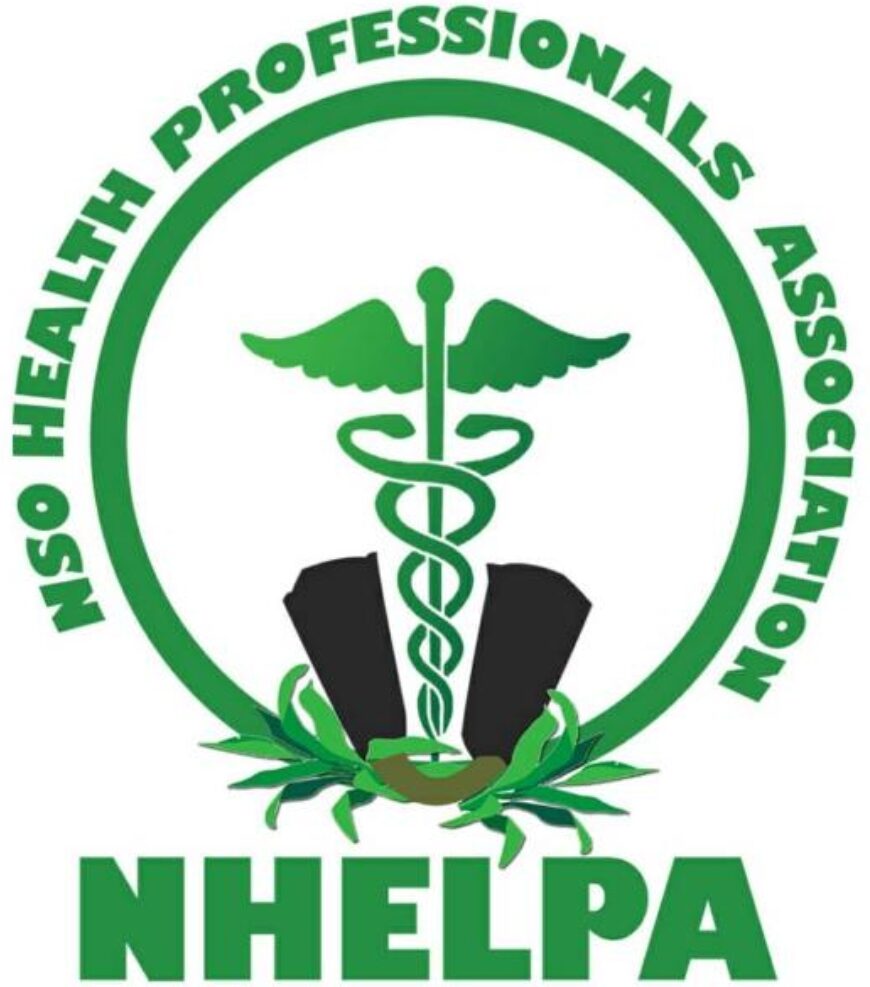Non communicable diseases are a major public health concern. They are not transmitted between persons and are not limited to race or tribe. They include most heart diseases, strokes, obesity and related conditions, Parkinson’s disease, majority of cancers, diabetes, autoimmune conditions, chronic kidney conditions, osteoarthritis, osteoporosis, cataracts and many others. The major causes of non-communicable diseases have been attributed to lifestyle changes including tobacco smoking, physical inactivity, alcohol consumption and nutritional factors.
Non communicable diseases including heart disease, stroke, cancer, diabetes and chronic lung diseases, are collectively responsible for almost 70% of all deaths worldwide. Almost three quarters of all NCD deaths, and 82% of the 16million people who die prematurely, or before reaching 70years of age, occur in low- and middle-income countries (WHO, 2022). In Africa, between 50% and 88% of deaths in seven countries, mostly small Island nations, are due to non-communicable disease (WHO, 2022).
Cameroon, is a low-income economy and faces a lot of challenges both economically and in its health care delivery system. Most times NCD’s are diagnosed accidentally, patients usually come to the clinic for different health issues and it is in the course of screening that these diseases are discovered. However, early diagnosis is a key factor in the management of these diseases. To this effect, the Nso Health Professionals Association (NHELPA), took a step forward to screen the Nso people for these disease conditions starting with screening for high blood pressure by checking the blood pressure, diabetes via a fasting blood sugar test and obesity by measuring the height and weight of the participants and calculating the Body Mass Index (BMI). Several screening campaigns will be organized by NHELPA in different parts of the country where Nso people live. Those that need follow up after the screening will be referred to clinics of their choice from a list of clinics that will be proposed to them.
The day started at 7.35am with the arrangement of the hall. There were altogether five stations which were distributed for easy movement and coordination from the door: registration (1), vital signs and BMI station (1), laboratory for FBS (1) and the counselling stations (2). Activities started at 8:45am, with a word of prayer and welcome speech from the President. She explained to the people what NHELPA is all about and its objectives She explained to participants the way of movement in the hall, from the registration table, to the vital signs and body mass index table, to the blood sugar evaluation table and finally to the one of the consultants. The first participant started for demonstration. One or two members of NHELPA handled each of the stations. After about two hours of attending to our participants, three health education topics were presented which were as follows: – The first health talk was on, “The Awareness of Diabetes” given by Yila Frankline kiveshi, with inputs from Chin Erick, -The second talk on, “The Awareness of Hypertension” given by Njoaka Cyprian Mbiydzenyuy, with inputs from Chin Erick. -A third health talk was presented by Ghaila Nicoline on “The Awareness of Obesity” and, equally had contributions from Chin Erick. Lunch was provided to the participants by NHELPA and the screening continued till 1.30pm for late comers. At the end of the day 44 people were screened for high blood pressure, diabetes and obesity. Out of 44 people
The event was a success in terms of the organization and the participation from the members of the NHELPA team, health educations on the three topics were effective and the participants were very active as they listened and asked questions for clarification and many participants were present till the end of the occasion. Some cases of high blood pressure were confirmed and some people were discovered with an elevated blood sugar that needed monitoring.



Great post
greate